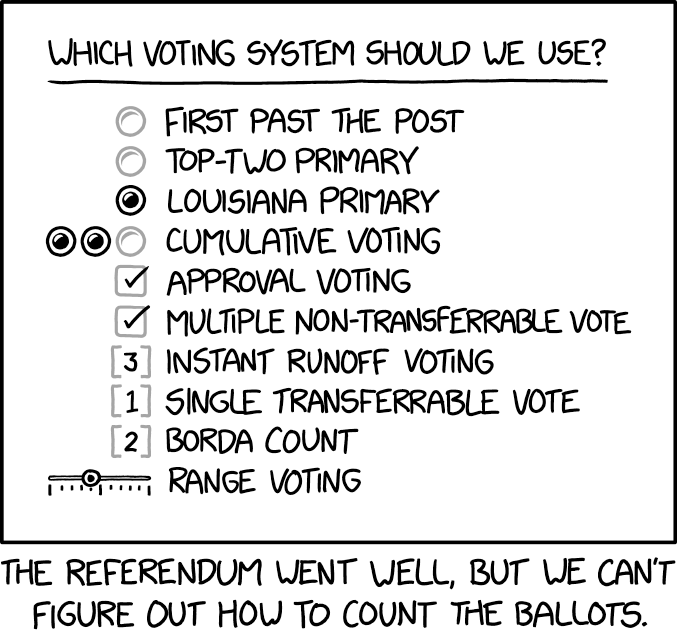I'll be speaking in Berlin again today:
Below is one announcement, with the agenda (and a list of speakers and panelists is
here):
BERLIN 2019
TOWARDS HEALTH
Equality, Responsibility and Research
10:00 A.M. – 12:30 P.M.
Opening Remarks
Jörg Hacker, Laura Sprechmann
What Does ‘Health’ Mean to You?
Peter Agre, Tolu Oni, Ursula Staudinger
Moderator: Adam Smith
Funding Research for a Healthier Future: How Should We Set Priorities?
Tomas Lindahl, Ernst Dieter Rossmann, Eleftheria Zeggini
Moderator: Juleen Zierath
Kidney Exchange
Alvin Roth
How Can We Increase Organ Donation and Transplantation?
Ernst Dieter Rossmann, Alvin Roth, Christiane Woopen
Moderator: Adam Smith
Musical Intermezzo: Berliner Cellharmoniker
How Climate Change Is Affecting Our Health
Kristie Ebi
What Can We Do About the Health Risks of Climate Change?
Kristie Ebi, Sabine Gabrysch, Sylvia Hartmann
Moderator: Gustav Källstrand
Health Inequalities Throughout The Life Course
Michael Marmot
How Can We Reduce Health Inequalities?
Nicola Bedlington, Kathryn Dewey, Michael Marmot
Moderator: Peter Tinnemann
LUNCH BREAK 12:30 P.M. – 1:45 P.M.
LUNCHTIME CONVERSATIONS 12:30 P.M. – 1:45 P.M.
The Microbiome: a New Dimension in Health
Suzanne Devkota
Moderator: Adam Smith
Behind the Scenes of the Nobel Prize
Gustav Källstrand und Juleen Zierath
Moderator: Katja Patzwaldt
PARALLEL SESSIONS 1:45 P.M. – 3:15 P.M.
Lichthof
Vaccine Hesitancy
Michel Goldman, Tikki Pang, Harald zur Hausen
Moderator: Juleen Zierath
You are Entitled to Your Own Opinion, But Not to Your Own Facts
Tikki Pang
Health Challenges in Low- and Middle-Income Countries
Peter Agre, Tolu Oni, Tikki Pang
Moderator: Peter Tinnemann
Atrium
Mental Health and Longer Lives: Positive Plasticity of Cognitive Aging
Ursula Staudinger
Mental Health, Cognition and Ageing
Edvard Moser, Ursula Staudinger
Moderator: Adam Smith
The Future of Drug Development and Precision Medicine
Nicola Bedlington, Michel Goldman, Tomas Lindahl, Eleftheria Zeggini
Moderator: Adam Smith
COFFEE BREAK 3:15 P.M. – 3:45 P.M.
ATRIUM 3:45 P.M. – 4:45 P.M.
The Role of Diet
Suzanne Devkota, Kathryn Dewey, Harald zur Hausen
Moderator: Juleen Zierath
What Level of Healthcare Can Society Afford?
Michel Goldman, Heyo Kroemer, Alvin Roth, Christiane Woopen
Moderator: Peter Tinnemann
Who Is Responsible For Our Health?
Nicola Bedlington, Kristie Ebi, Heyo Kroemer, Michael Marmot, Edvard Moser, Tikki Pang
Moderator: Adam Smith
Closing Remarks
Laura Sprechmann




